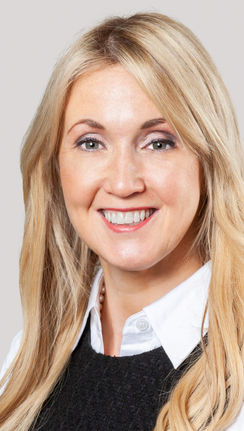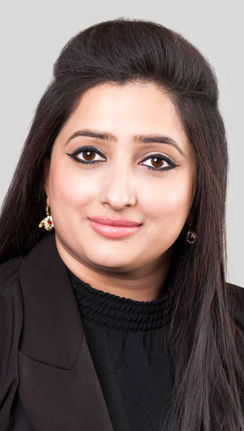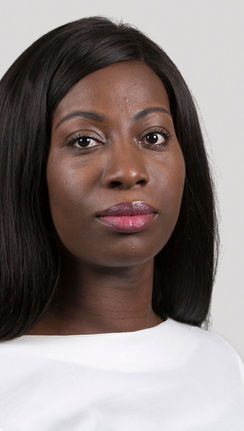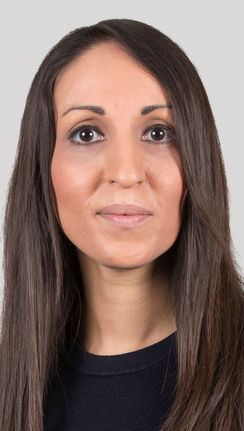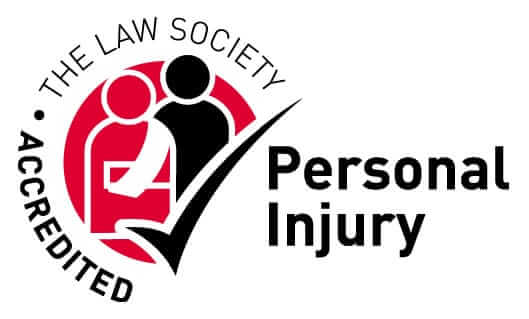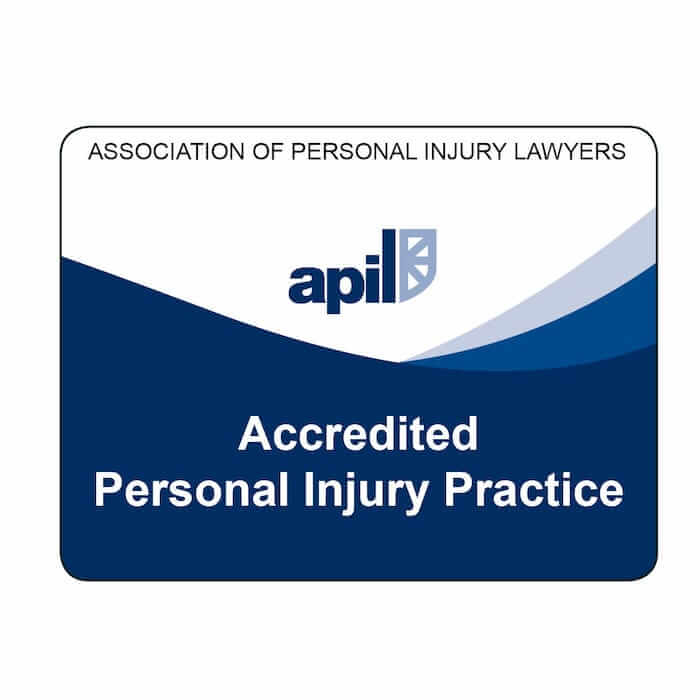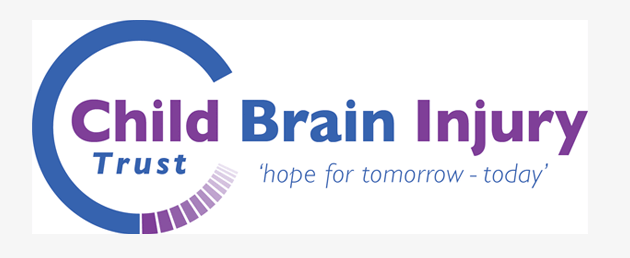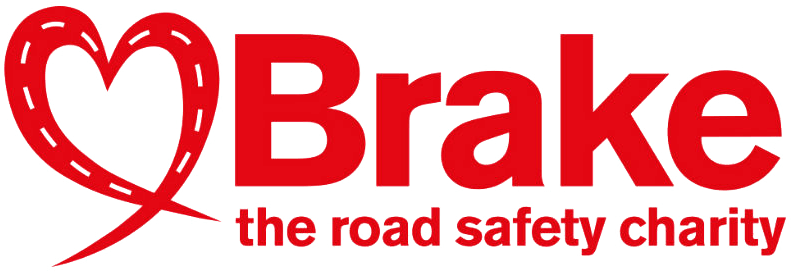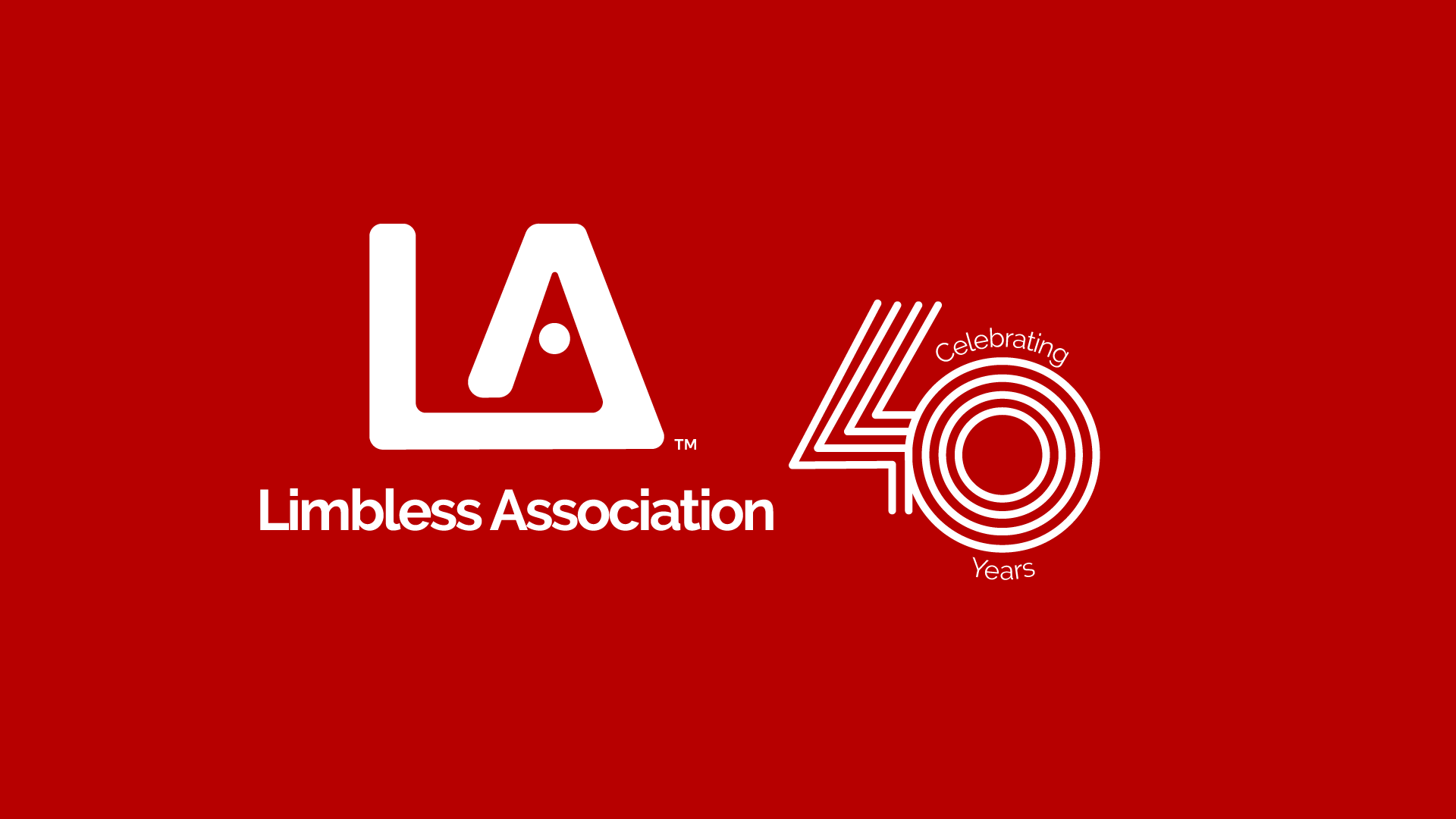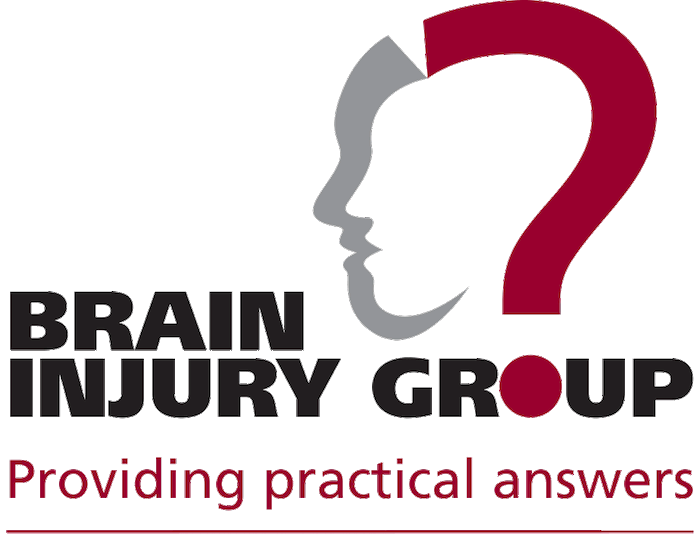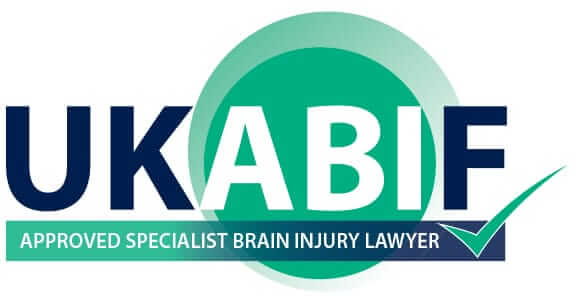Eye Injury & Damage Compensation
Loss of sight will have a major impact on your working life. Not only that, it will affect you with respect to how you interact with your friends and your family. It will affect all aspects of your daily living.
A lack of 20/20 vision could mean you are unable to work in certain professions and lack of vision will affect you being able to work in many areas, for example, as a driver or on a construction site. Total blindness in one or both eyes will have an even greater impact.
Therefore no matter how your eye injury has been caused you should consider whether someone else is fully or partly responsible and take advice from one of our specialist eye injury claim solicitors about whether you’re likely to be able to claim compensation for your injury.

“A very impressive claimant Personal Injury practice. From my experience of them, the team are very experienced, knowledgeable and highly professional.” “Excellent understanding of a claimant’s needs when running a case. Good strength in depth.” – Legal 500, 2025
 Our Personal Injury team has been ranked in the Chambers & Partners 2025 legal directory. The team was praised for being “knowledgeable, experienced and responsive to queries.”
Our Personal Injury team has been ranked in the Chambers & Partners 2025 legal directory. The team was praised for being “knowledgeable, experienced and responsive to queries.”
we can help.
0330 822 3451Causes of eye injury
Loss of sight to the eye can be caused for a number of reasons and in a number of ways, it can be due to a head injury; due to being hit over the head by a falling object or hurting your head by falling in an accident. It could be caused by exposure to chemicals at work.
The damage to your eye could be damage to the eyeball, or the eye socket, or the muscles that control the eyes’ movement within the socket. It could also have been caused by penetrating injury.
"Denise and her team was absolutely fantastic, so patient with me as I’ve never had to claim for injury’s before. Thank you Denise and team so much."
List of most common types of eye injuries
- Blunt force trauma. This is caused by any direct trauma to the eye.
- Fracture of the orbital bone. This would be a fracture of the eye socket and is often a result of blunt force trauma.
- Abrasions or scratches. Either to the eyeball or eyelids.
- Cuts and needle stick injuries when a sharp object enters the eye.
- Foreign bodies. Such as sand, grit, wood shavings or metal fragments
- Chemical burns. When chemicals make contact with the eyeball.
Eye injury claims process
If you have an accident at work which has resulted in an eye injury, make sure it is recorded in the accident book as soon as possible. By law every company is required to keep an accident book. Failing that email your line manager so there is a permanent and timely record of what happened. If you can’t do this yourself, ask a colleague or family member to do it for you. Try and make a note of anyone at work who saw the accident happen.
If you injured your eye whilst you were in a public place – perhaps in a restaurant or in a shop – then speak to someone in charge and make sure that an accident report form is completed. Again, if you can’t do this personally, ask someone to do it for you. Emails are a good way of keeping a record that the accident has been reported to someone in charge. If anyone saw the accident ask them for their contact details.
If the accident happened when you were out, say in the local park or using the footpath, then it is best to alert the local council to what has happened as soon as you can. And again ask someone to help you do this if you can’t do it yourself. If there were any witnesses, try and get their contact details.
Try and take photographs of where the accident happened. Try and get photographs that show not only where the accident happened but its surrounding areas as well. If you had a slip or trip in the street make sure you take measurements and photographs of the defect you tripped over (using a ruler as a guide).
If you had to go to A&E or the Police or Ambulance Service arrived, make sure you keep, as best you can, names of who saw you and any reference numbers. This will help your specialist personal injury solicitor when they are collating evidence in support of your case.
Keep a record of all the financial expenses you have incurred throughout your eye injury claim process, be that travel expenses to and from the hospital, GP, prescription costs, treatment costs, loss of earnings.
How to prove your eye injury claim for compensation
Your specialist eye injury claim solicitor will explain to you what is needed to prove that someone else is fully or partly responsible for the accident that caused the injury to the eye.
They will collate evidence to support what you say happened which is why it is so important to keep a record of everything that happened as set out above. So not only about the accident itself but any witness details, and details of everyone who has helped you.
This is why it is important to go to A&E/hospital or your GP straightaway and make sure they document in their records how the accident happened.
Your specialist eye injury solicitor will prepare and submit a detailed claim to the person or entity responsible for your accident (employers, shop owner, local authority) who in turn will pass your claim to their own insurers for investigation.
In due course, your specialist eye injury solicitor will arrange for you to be seen by a specialist medical expert for the purpose of the claim who will review your medical records and who can document your injury and the prognosis.
Funding treatment and interim payments
Using a specialist personal injury solicitor for your eye injury claim is essential as they will use their experience to obtain money from the insurers of the person or entity responsible for your accident to help pay for any urgent treatment or rehabilitation you need.
Your specialist personal injury solicitor will also try to secure an early interim payment so you can use that money to help with any immediate financial difficulties.
In our experience, insurance companies are more than willing to fund rehabilitation for an injured client to help them make the best recovery.
"PROFESSIONAL AND HIGHLY KNOWLEDGEABLE, WHICH MADE ME FEEL AT EASE. I AM VERY HAPPY WITH THE OUTCOME OF THE CASE, AND RECOMMEND HJA."
How do I make an eye injury compensation claim?
There is no doubt that an eye injury will have a long-term effect on you and your family. At Hodge Jones & Allen, we will arrange a free consultation to discuss what happened and assess the best way to help you. We will investigate the accident or negligence and help you make a claim and obtain the compensation you deserve. Our eye injury lawyers have years of experience in helping people make successful claims for damage to their vision.
To see how much your compensation claim is worth, please check our personal injury calculator, which will give you an estimate.
What can I claim for?
Loss of sight can be caused by a variety of factors and accidents. In the majority of cases it is the extent of the injury, rather than the circumstances of the accident, that determines the amount of compensation that can possibly be claimed for.
Personal injury compensation is assessed by two types of compensation:
General damages
General damages are compensation for the pain, suffering and loss of amenity you have suffered as a result of the accident and/or negligence. We will collate the medical and supporting evidence to prove this part of your claim.
Special damages
The second is called special damages which is the name we give to financial losses such as loss of earnings, loss of pension, medical treatment etc. Your specialist personal injury solicitor will discuss all items that you may be able to claim for, the most common are listed below.
Common claims for financial losses
- Travel expenses.
- Medication costs.
- Loss of earnings.
- Loss of pension.
- Rehabilitation/ Treatment Costs.
- Potential home adjustments.
- Care costs if someone needs to look after you.
"I WOULD HAVE NO HESITATION IN RECOMMENDING YOU TO ANYONE WHO NEEDS LEGAL ADVICE. ONCE AGAIN, THANK YOU VERY MUCH."
Medical evidence for eye injuries
To support your claim for general damages (this is for the pain, suffering and loss of amenity you have suffered) your specialist personal injury solicitor will obtain medical evidence.
In order to assess the severity of the eye injury your specialist personal injury lawyer will send you to a specialist consultant ophthalmic who will have all your records. They will prepare an independent report setting out how the accident has affected you, any treatment and what the prognosis is for the future. If the expert suggests treatment, the cost of this will be included in your claim.
General damages will not only cover the injury but also your loss of amenity; so how you are affected in all areas of your life, work, hobbies, sports, social interaction that you can no longer undertake or have been curtailed by the injury to your eye. Your personal injury solicitor will help prepare a witness statement setting out how your life has been turned upside down by the eye injury.
Why choose Hodge Jones & Allen?
Our solicitors have years of experience in dealing with the problems encountered by loss of sight. We are best placed to liaise with the opponent, with respect to arranging an early rehabilitation and care package and securing an interim payment, to help you to cope with the immediate aftermath of the accident and the impact your loss of sight has had on your day to day life.
At Hodge Jones & Allen, we can operate on a ‘No Win No Fee’ agreement. This means that you won’t have to pay our fees up front. After the Event Insurance (ATE) will cover you for any adverse costs, in the event your claim is unsuccessful. This type of insurance policy will step in to protect you against your opponent’s costs and our disbursements required for the case, in the event you lose your claim.
Alternatively, you may have Legal Expenses Insurance (LEI) attached to your insurance policy with your motor, home or travel insurance which you can use to fund an eye injury compensation claim.
"THROUGHOUT MY DEALINGS WITH YOU, I HAVE FOUND YOU TO BE APPROACHABLE, KNOWLEDGEABLE AND TIMELY, WHICH IN TURN LED TO A VERY SATISFACTORY CONCLUSION TO MY CLAIM."
How much compensation for loss of sight in one eye?
The way in which your claim is valued is to look at previously decided cases of similar fact. These are called precedents. Your specialist personal injury solicitor will look at your age, the type of injury and the prognosis given by the medical expert and reach a figure based upon case law.
Your specialist personal injury solicitor will also look at the Judicial College Guidelines. This is a tariff which is used by judges to consider what bracket an injury should fall into.
These figures are changed every year and are very broad ranges but currently please note the following:
Total loss of one eye
£54,830 – £65,710. The level of award would depend upon age, psychiatric consequences and cosmetic effect.
Loss of sight in one eye
£49,270 – £54, 830. However this will depend upon the extent and severity of the eye injury.
If you have suffered an eye injury in an accident then it is important that you get early and good advice from a specialist personal injury solicitor who has experience of dealing with eye injury claims.
Can I make an eye injury at work claim?
If you have experienced an eye injury at work that was not your fault, you may be eligible to make an accident at work claim for compensation. When you are at work, your employer owes you a duty of care and must implement safe working practices and protect employees from potential hazards, including providing you with the correct equipment and training to reduce risk of injury. If you’re injured as a result of your employer’s negligence (and in some cases your colleagues’ negligence), you may be able to bring a personal injury claim for damages.
What is a chemical eye injury?
The vast majority of chemical eye injuries occur in workplaces because various industries use chemicals in their daily business. If you suffer a chemical eye injury at work and your employer has failed to implement adequate safety regulations around their use, you may be able to bring a claim for compensation. Chemical burns to the eye can be divided into three different categories:
- Alkali Burns: These are usually the most severe type of chemical burn, as they can penetrate the surface of the eye and cause considerable damage to the internal structures. Common substances that can cause these injuries include potassium hydroxide, ammonia and ammonia.
- Acid Burns: Acids usually only cause damage to the external parts of the eye and do not penetrate into the internal parts of the organ. However, they still have the potential to cause injuries as severe as blindness. Common substances that cause acid burns include hydrochloric acid, sulphuric acid, nitric acid and hydrofluoric acid
- Irritants: Irritants are the least dangerous of each of the substances and are the least likely to cause long-term damage to your eye. These include common household detergents and are therefore, much more readily accessible that the chemicals that cause alkali and acid burns.
What is a penetrating eye injury?
A penetrating eye injury refers to any sort of trauma to your eye’s structure, caused by a foreign object entering your eye. Penetrating injuries can cause lacerations, retinal tears or detachments and over time, scarring can also lead to cataracts and glaucoma. Such injuries can have a serious impact on your vision if not treated as quickly as possible and could even cause the loss of sight in one eye (or both). Injuries of this nature often occur at work and employers must ensure you are provided with the right protective eye wear while working to minimise the risk of this type of injury.
What is a traumatic eye injury?
The term ‘traumatic eye injury’ refers to a wide range of injuries that can occur to your eyes and the surrounding areas. In all types of traumatic eye injuries, there is an event or series of events that lead to damage to some part of the eye. Injuries of this nature can occur in a number of different ways, including mechanical trauma (blunt or penetrating), chemical agents, or radiation (ultraviolet or ionising), for example. Traumatic eye injuries include corneal abrasions, penetrating injuries, retinal detachments, bruising and orbital fractures. Any event that damages the eye or the area around the eye can have a lasting impact on vision and appearance.











